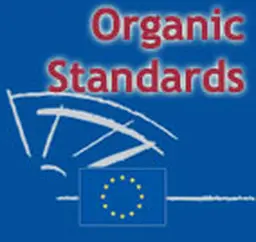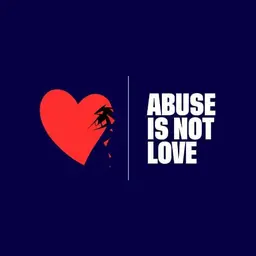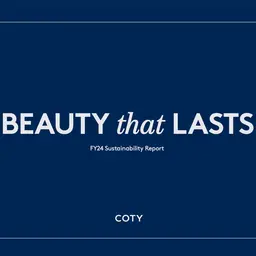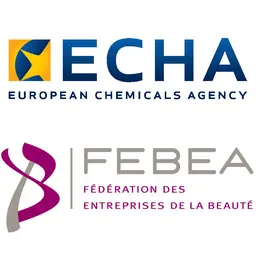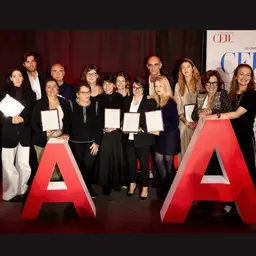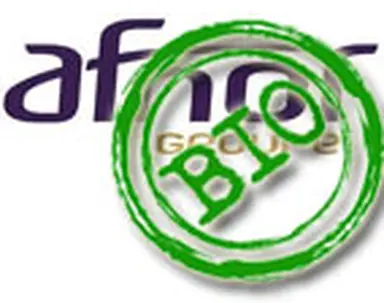
It was sometimes deplored that for natural and organic cosmetics, we did not have an independent reference system, supported by an administrative authority, and indicated by a single logo (such as the AB for food). In 2012, Afnor confirms it: the work is ongoing, and the gap should be filled, at least in part. With the scheduled publication of a standard.
There is currently no unique regulation about natural and organic cosmetics. The main frames of reference and codes of ethics that govern them (Ecocert, NaTrue, Nature & Progrès, BHIH …) are issued by private companies or by associations of professionals. Though there are many common points in these texts, nevertheless, they all have their own peculiarities that somewhat confuse consumers. Add a profusion of logos on labels.
The lack of clarity for the consumer has been understood by the main actors within the sector. However, the main attempt for harmonization of the European frames of reference, the COSMOS-Standard, is not yet seeable on labels, and will have the same private origins.
In March 2012, the European Commission had released a document, stating that “if some European certification bodies claimed that their own requirements were those of the harmonized European standard for natural and organic cosmetics, this would be misleading for consumers, and lead to unfair competition.”
The Commission added then that it was working on this topic, and that its work would be based on an ISO standard in progress. This is the standard that is talked about now, through a press release by the Association Française de Normalisation …

